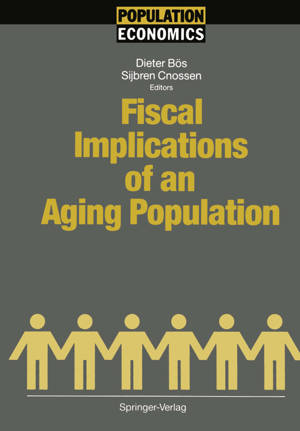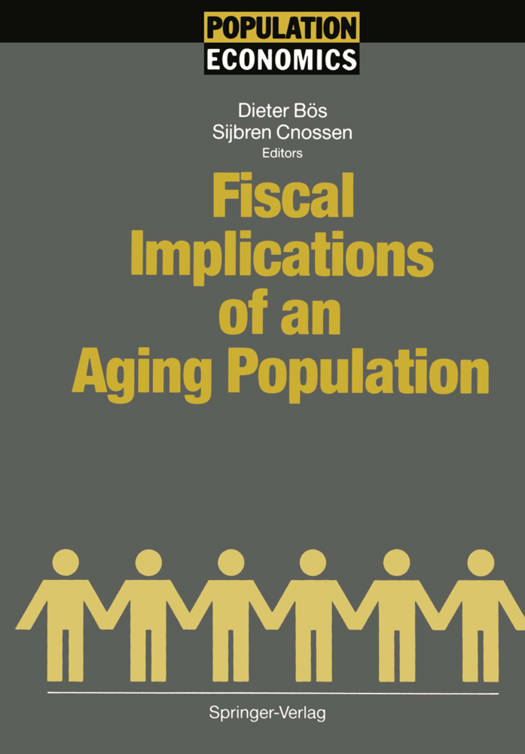
- Afhalen na 1 uur in een winkel met voorraad
- Gratis thuislevering in België vanaf € 30
- Ruim aanbod met 7 miljoen producten
- Afhalen na 1 uur in een winkel met voorraad
- Gratis thuislevering in België vanaf € 30
- Ruim aanbod met 7 miljoen producten
Zoeken
Fiscal Implications of an Aging Population
€ 145,20
+ 290 punten
Omschrijving
Serious research into the causes and implications of an aging population is a relatively recent phenomenon. Though several relevant issues of aging havereceived considerable attention in public and political discussions (especially in European countries and in Japan), the economics profession is somewhat lacking behind. This is particularly true for thetheoretical underpinnings of the economics of population aging. Until now, the aging-debate is primarily led by institutionalists. The present book with its analytical and econometric studies on fiscal implications of population aging is an important step in the process of theoretical analysis of aging. It is of interest both for population economists (and demographers) and for public economists - providing a bridge between these areas of research.
Specificaties
Betrokkenen
- Uitgeverij:
Inhoud
- Aantal bladzijden:
- 191
- Taal:
- Engels
- Reeks:
Eigenschappen
- Productcode (EAN):
- 9783642772528
- Verschijningsdatum:
- 1/02/2012
- Uitvoering:
- Paperback
- Formaat:
- Trade paperback (VS)
- Afmetingen:
- 170 mm x 244 mm
- Gewicht:
- 340 g

Alleen bij Standaard Boekhandel
+ 290 punten op je klantenkaart van Standaard Boekhandel
Beoordelingen
We publiceren alleen reviews die voldoen aan de voorwaarden voor reviews. Bekijk onze voorwaarden voor reviews.







